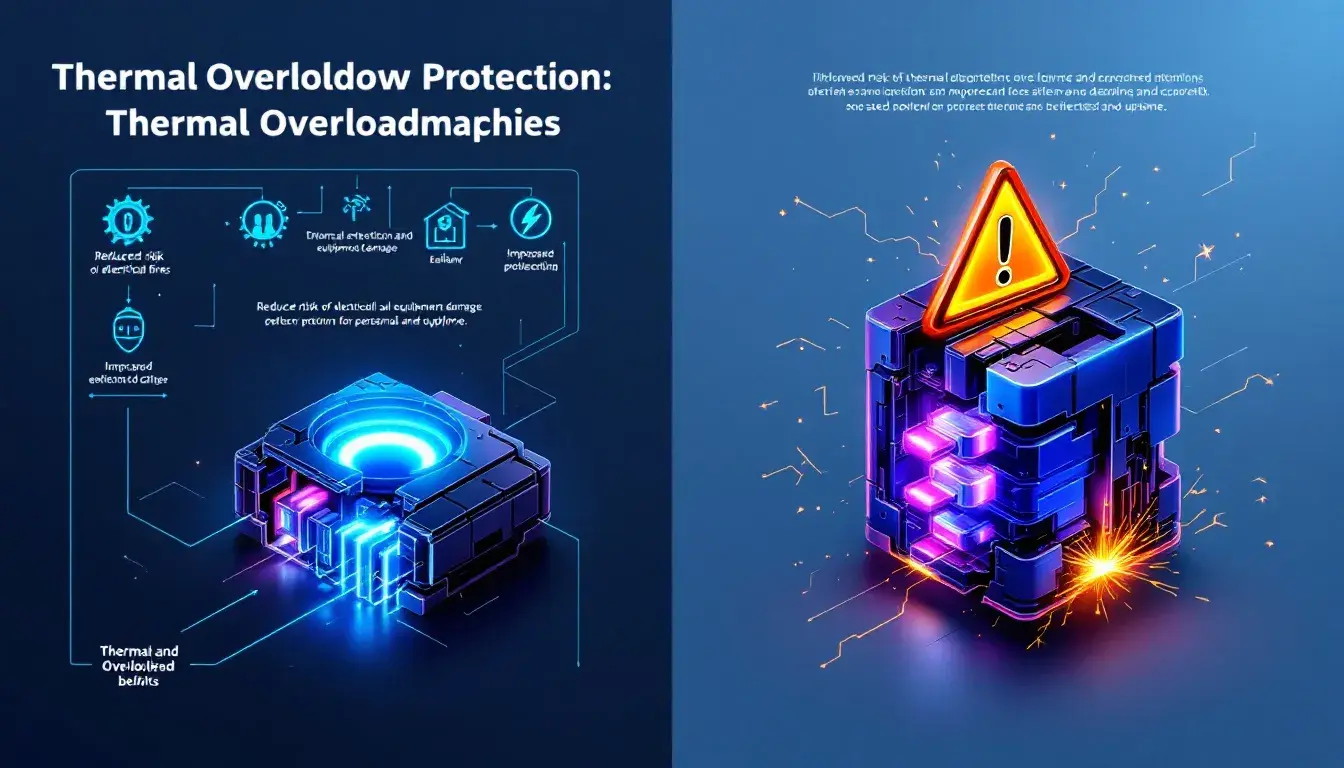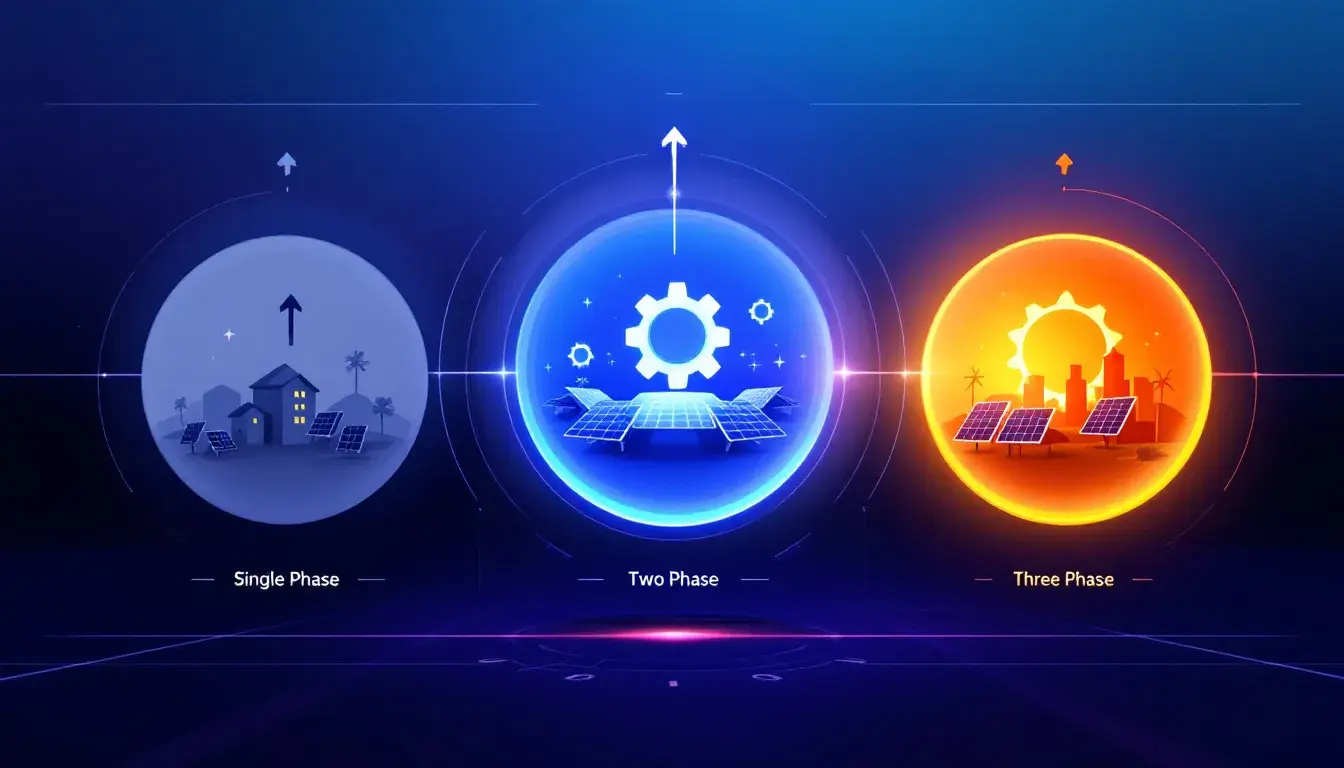How Do You Select The Right MCB Or RCBO?
Table of Contents
ToggleThe MCB and RCBO devices are electrical protection devices used to protect downstream cables. Their selection should be based on the requirements of the wiring system.
Type B circuit breakers are appropriate for domestic appliances and may also be appropriate for light commercial applications. Type C and D are designed for industrial applications and will withstand high inrush currents. To ensure proper protection, the MCB and RCBO must meet all safety standards and must be installed according to manufacturer recommendations.
Choosing the right device for an installation is important. MCBs are designed to provide protection against overcurrent, short circuit, and earth leakage, while RCBOs provide protection against both overcurrent and earth faults. The two devices work differently, so it is important to know how to choose the correct one.
If you want to buy an MCB or RCBO, we can help you. Follow this guide to select the right MCB or RCBO.
What Is A Miniature Circuit Breaker?
The MCB is one of the smallest types of the electrical breaker. This type of breaker is used in small electrical systems and for homes. It is small and easy to install. Most miniature circuit breakers use a combination of thermal and magnetic tripping mechanisms.
This design allows the MCB to identify overcurrent faults more quickly. The breaker will shut off the power within 2.5 milliseconds, but this will depend on the size and number of fittings.
The breaker operates through the thermal or magnetic trip. The thermal breaker has a bimetal strip surrounding it and a composite magnetic system with a spring-loaded buffer and a magnetic spring plug. The bimetal strip contains heater coils that generate heat based on the current flow. When these two circuit breakers are in operation, it will cause a flashback in electricity and cause a circuit to shut down.
What Is RCBO?
RCBO is short for residual current breaker. This circuit breaker is a combination of MCB and RCCB. Unlike MCBs, RCBOs provide protection against overload, short circuits, and earth leakage currents. They sense faults and break the circuit if the flow of current exceeds a certain level. MCBs and RCBOs are often used together.
RCBOs are used in commercial and industrial applications to protect against overcurrent and earth faults. RCBOs does not work on DC circuits, as they are designed for alternating current (AC) circuits. Single-pole RCBOs are sufficient for household uses.
An RCBO is a circuit breaker that protects against overload and short-circuits. It is a combination of MCB and RCCB. Both of these devices have arc chutes and are designed to ensure efficiency and safety. As such, RCBOs are widely used in commercial and industrial applications. Unlike MCBs, RCBOs protect against both overload and short-circuit currents.
RCBOs are also known as the residual current device. Their function is to protect against electrical shocks and fires. They are associated with MCBs in power distribution systems. They protect against short circuits and cable overload, which is the most common electrical hazard.
How Do You Select The Right MCB Or RCBO?
In most cases, the MCB or RCBO you choose should be rated for the current they handle. You should also check their trip characteristics and look for extra features and safety approvals. Your electrical installation is unique, so the right MCB or RCBO is crucial. Consider these factors when selecting MCB or RCBO.
- Overcurrent Characteristics
The overcurrent characteristics of Type B, C or D MCB or RCBO are determined by the trip times of the devices. In real-world situations, it is important to ensure that the breakers trip within a reasonable time. For example, an MCB can trip in forty seconds at two times its rated current. It will allow for this brief surge to occur and prevent damage to the device.
An RCBO is a resizable circuit breaker. It can be used to protect a lighting circuit and provides protection from electric shocks. Its main purpose is to interrupt the flow of power to a water heater. An MCB or RCBO is a device that monitors the flow of current in a line and interrupts the circuit during a short circuit, overload, or earth leakage. These devices are also used in distribution boards to protect from overcurrent.
An RCBO or MCB can protect against electric shock or fire by detecting overcurrent. MCBs are a safer alternative to RCCBs and can be used in homes. They provide circuit isolation but are less durable than RCBs. RCBOs are generally designed to interrupt power for a short period of time and are often safer to use.
- Basic Applications
A manual circuit breaker (MCB) is an electrical device that trips in an overload or short circuit situation. It causes an interruption of the load circuit when it trips. The operating knob moved to the off position when the MCB tripped. There are several types of MCBs, with short circuit breaking capacities. You need to consider the basic applications of Type B, C or D devices. Type B devices are used for domestic applications. You can use Type C for commercial and industrial applications. As for Type D, you can use it in industries where the inrush current is high.
- Tripping Characteristics of MCB
MCBs have two basic types of trips, the thermal and the magnetic. The thermal trip is more likely to trip during an intense overcurrent. The magnetic trip interrupts the short circuit when it reaches an ampacity that is too high for the circuit. Tripping characteristics of MCBs are illustrated graphically in a trip curve chart. The thermal region represents the bi-metal tripping unit, and it gradually slopes downwards as a result of a gradual overload. The B-type MCB has a tripping range of 3 to 5 times the rated current. A D curve tripping characteristic is four seconds slower than a K curve. This gives the circuit more time to ride through high in-rush at start-up. The C-type tripping time is approximately 5 to 10 times. The D curve has a tripping range of 10 to 20 times the rated current.
- Unwanted Tripping
The most important thing to know when selecting an MCB or RCBO is how to troubleshoot it. You can also check the safety rating of the device before you purchase it to avoid unwanted tripping.
Both types of MCBs and RCBOs can trip a circuit when an overcurrent occurs. However, an RCBO may not trip an overcurrent if it detects a low voltage or an overcurrent condition. An MCB that protects against both types of overloads and short circuits is a good idea. An RCBO can be too expensive and not provide the same level of protection. To avoid unwanted tripping, you need to use a Type B MCB. Type B is the best to prevent unwanted tripping.
Tel: +86-577-88671000
E-mail: ceo@tosun.com
Skype: tosunelectric
Wechat: +86-139 6881 9286
WhatsApp: +86-139 0587 7291
Address: Room No.1001 Wenzhou Fortune Center,Station Road, Wenzhou, China
REQUEST A QUOTE
WhatsApp us
 : +86-139 0587 7291
: +86-139 0587 7291 English
English Español
Español Русский
Русский Français
Français العربية
العربية Português do Brasil
Português do Brasil Українська
Українська Türkçe
Türkçe Polski
Polski Nederlands
Nederlands Italiano
Italiano Bahasa Indonesia
Bahasa Indonesia हिन्दी
हिन्दी اردو
اردو አማርኛ
አማርኛ Հայերեն
Հայերեն ไทย
ไทย Монгол
Монгол فارسی
فارسی Shqip
Shqip Ελληνικά
Ελληνικά


